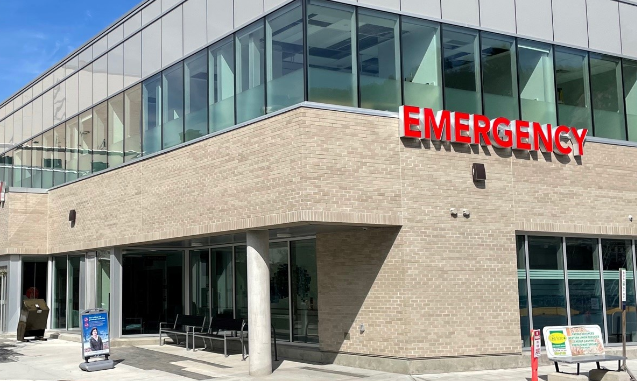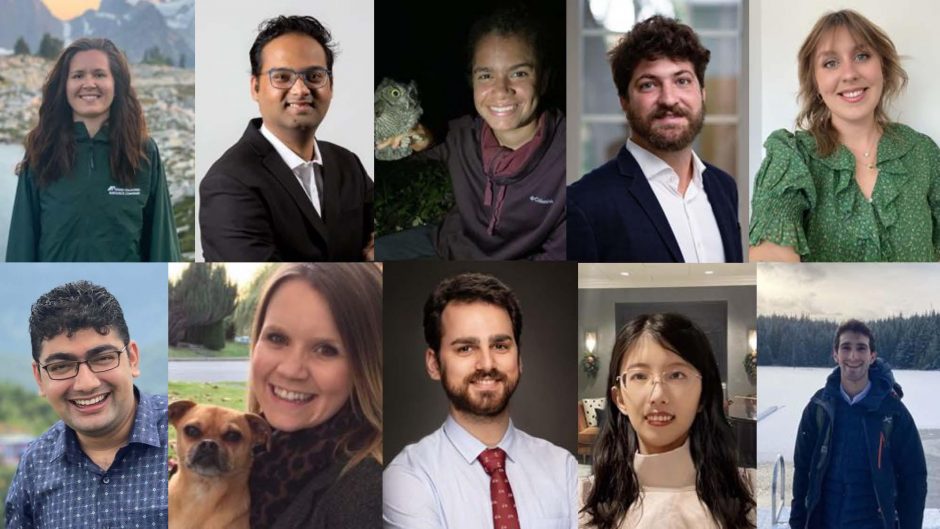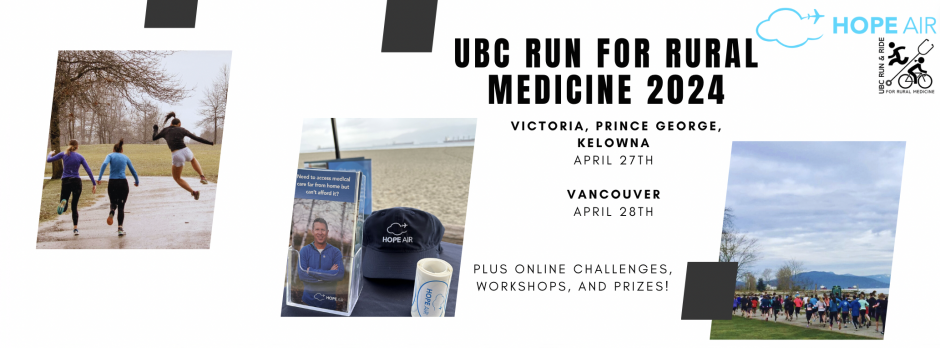2024 Faculty of Medicine Awards nominations

Nominations are now open for the 2024 Faculty of Medicine Awards.
The awards acknowledge outstanding faculty and staff members who demonstrate exceptional contributions to the Faculty of Medicine, and who are dedicated to advancing the Faculty’s values and vision of transforming health for everyone.
Please review the awards and nomination guidelines carefully and submit your nominations by Friday, June 14, 2024.
Recipients will be announced this summer, and the awards will be presented at the annual reception in the fall.
Award categories
Click through to view additional information on each award and to download a nomination form.
Lifetime Achievement
- Bill and Marilyn Webber Lifetime Achievement Award: Recognizes extraordinary members of the Faculty of Medicine who have had sustained distinguished careers at UBC in the areas of research, teaching and/or service.
Mentoring
- Awards for Excellence in Mentoring Early Career Faculty: For faculty who exemplify a deep commitment to fostering the development of faculty members in the early stages of their academic careers.
Staff
- Applegarth Staff Service Awards: For outstanding contributions by UBC staff members to the Faculty of Medicine.
- Dean’s Staff Awards: For exceptional staff contributions in: Leadership; Respectful Environment, Equity, Diversity, Inclusion; Creativity/Innovation.
Clinical Faculty
- Clinical Faculty Award for Excellence in Clinical Teaching: For demonstrated excellence in clinical teaching.
- Clinical Faculty Award for Excellence in Leadership/Service: For demonstrated excellence in leadership or service with the Faculty of Medicine.
- Clinical Faculty Award for Excellence in Mentorship: For demonstrated excellence in mentorship within their position with the Faculty of Medicine.
- Clinical Faculty Award for Excellence in Research: For demonstrated excellence in clinical or applied research within their clinical faculty position with the Faculty of Medicine.
- Clinical Faculty Award for Excellence in Advancing Equity, Diversity, and Inclusiveness: For demonstrated excellence in the area of EDI through research, teaching or service with the Faculty of Medicine.
Continuing Professional Development
- Distinguished Service to CME-CPD Award: For substantial long-term contributions to Continuing Professional Development/Continuing Medical Education in the Faculty of Medicine.
- Innovation in CME-CPD Award: To any individual, a group or an organization for outstanding innovation and/or creativity with original work in the area of CME/CPD programming.
This call for nominations was sent to all faculty and staff in the Faculty of Medicine.
Surrey CC1

Address
13737 96 Avenue
Surrey, BC V3V 0C6
Wayfinding & Parking
No information is available at this time.
General Information
No information is available at this time.
Kootenay Boundary Regional Hospital

Address
1200 Hospital Bench
Trail BC V1R 4M1
Wayfinding & Parking
Further information can be found at the Interior Health Website here.

